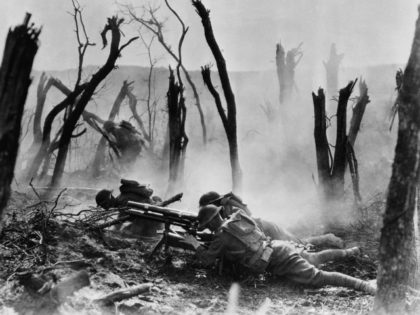Exclusive–O’Donnell: A Plague Ship and Undaunted Courage
Over one hundred years ago, a pandemic gripped the world. Caught in that plague was a sailor who had to choose between his life and his ship.
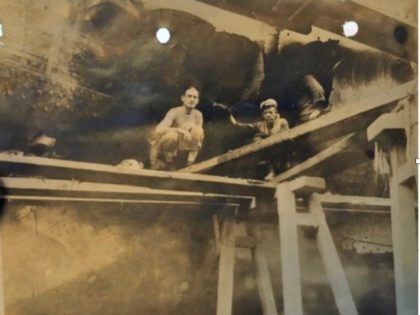
Over one hundred years ago, a pandemic gripped the world. Caught in that plague was a sailor who had to choose between his life and his ship.

For those on the ground in Europe the last twenty-four hours before the cessation of hostilities on the eleventh hour of the eleventh day of the eleventh month in 1918, that day was nothing less than hell on earth.
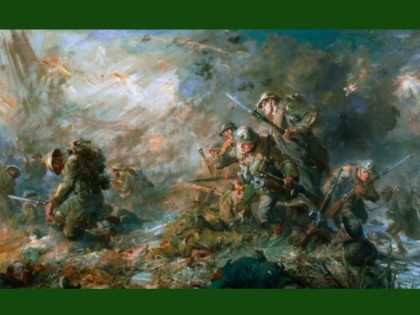
Each served as the final resting place for thousands of unidentified American soldiers who had fallen in one of the major engagements in WWI. One of those bodies would become the Unknown Soldier interred in in Arlington National Cemetery.
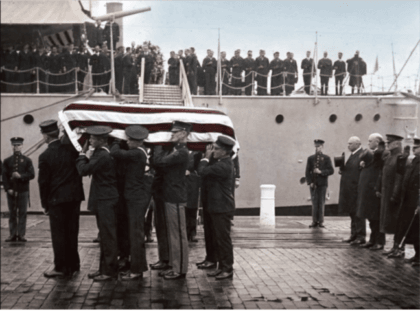
The American pilot turned his De Haviland DH-4 biplane sharply to avoid fire from a German plane in the air above St. Mihiel, France. As he did, castor oil that had leaked from the engine dripped onto his uniform and splattered on his goggles.
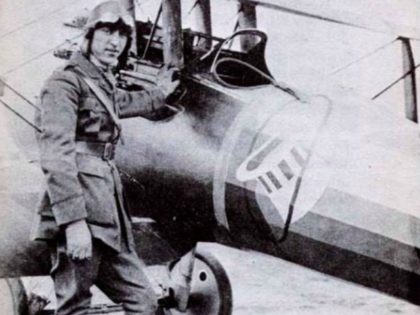
A short, scrawny 19-year-old Marine dashed through a deadly artillery barrage with a .45 in one hand and a grenade in the other. John Kelly, who served as a messenger on the front lines of the Western Front, came face-to-face with a German about to fire his machine gun.
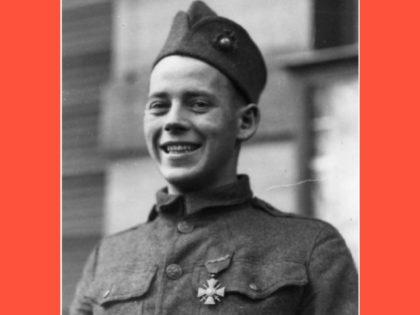
This July marks the 100th anniversary of the Battle of Vaux, a small but tactically brilliant fight that helped lead to Allied victory in the Great War.
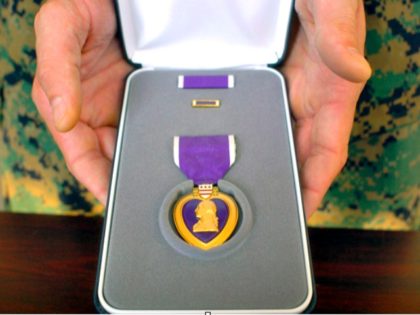
This year marks the one hundredth anniversary of one of the United States Marine Corps’ (USMC)’s bloodiest battles of the Great War: the forgotten assault on Blanc Mont.
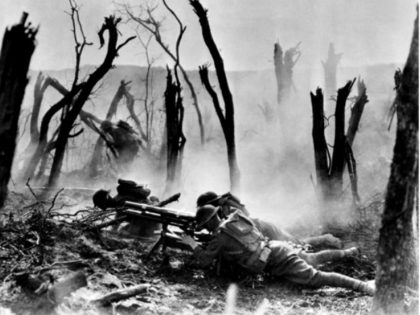
One hundred years ago, Allied troops readied themselves for a forgotten battle that turned the tide of World War I. Thousands of American servicemen marched through the night to position themselves for a surprise strike against the Germans.
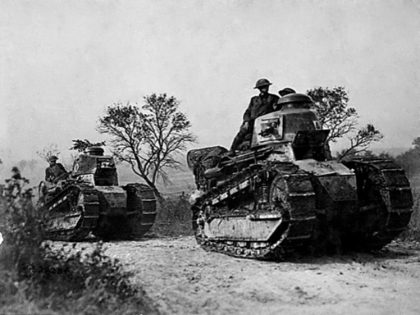
Most of us have forgotten that average Americans, many of them poorly trained and using inadequate equipment, helped defeat one of the greatest armies in the world at the time — the German Army.
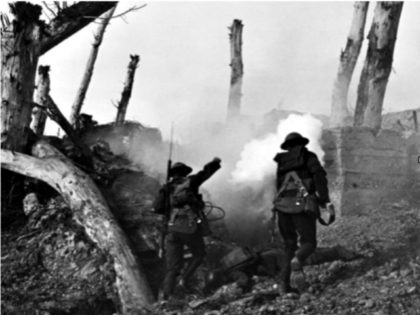
Modern submarines are amazing technological marvels that can dive to astonishing depths, run on nuclear power and stay underwater for months at a time. But a hundred years ago, the diesel-powered U-boats that terrorized Atlantic shipping were far less advanced.
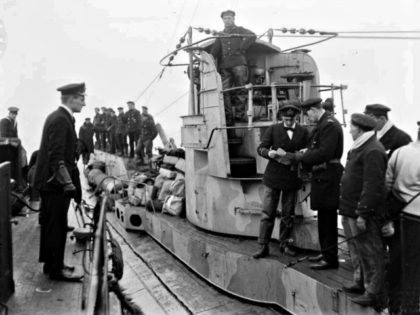
About a century ago, millions of Americans fought in one of the most deadly and horrific conflicts the world has ever seen. At the time, it was called the Great War, but today few people remember what happened and why.
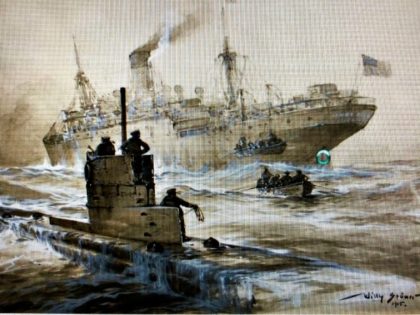
Some of America’s greatest innovations have been born from our most devastating tragedies. Such was the case in the Great War.
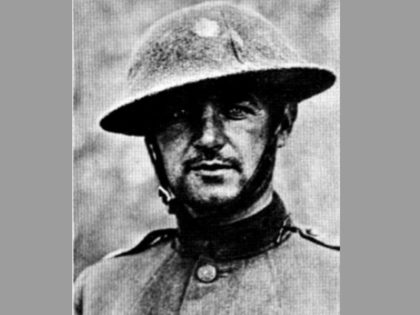
Many Americans know that June 6 is the anniversary of World War II’s D-Day, the date when the United States invaded the beaches of Normandy in hopes of saving Europe from Hitler.
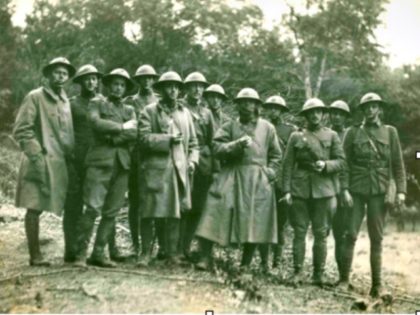
A century ago, millions of young Americans fought in the Great War, a conflict many today have nearly forgotten. More than a hundred thousand died, either from combat or from the influenza plague that accompanied the war, and more than two hundred thousand were wounded.
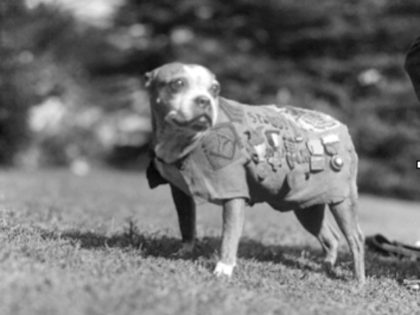
Most Americans think of General George S. Patton as the great commander of U.S. forces in North Africa and Europe in World War II, but fewer know that the colorful and charismatic officer also played a key role in World War I — and here he learned to command.
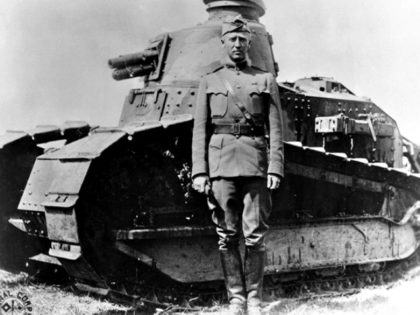
Historian and best-selling author Patrick K. O’Donnell joined Breitbart News Daily on May 28 to discuss his new book chronicling the creation of the Tomb of the Unknown Soldier at Arlington Cemetery during World War One.
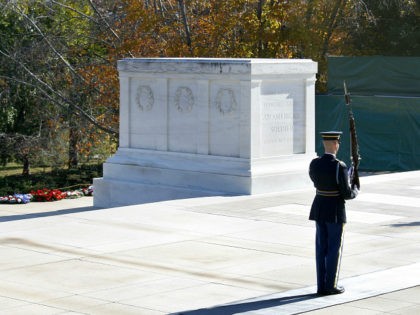
As Memorial Day approaches, this a fitting time to reflect upon the achievements of one of the forgotten war’s forgotten heroes, Edward Younger.
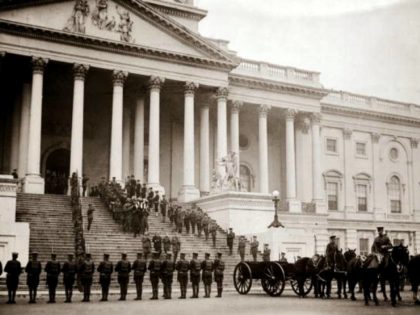
This year marks the hundred-year anniversary of some of America’s most important battles in World War I. That makes it a fitting time to reflect on the achievements of some of the war’s forgotten heroes, including Boston’s own Charles Leo O’Connor.
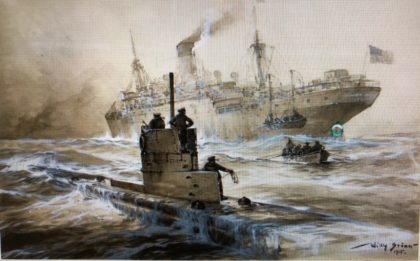
Nearly one hundred years ago, on June 6, 1918, a small group of American Marines became a living legend. It was the bloodiest day in U.S. Marine Corps history until that time and would become an integral part of the lore passed down to every Marine recruit.
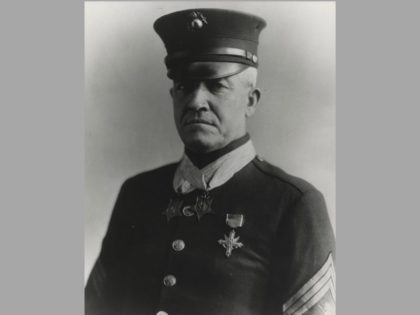
This month marks the 100th anniversary of the beginning of some of America’s greatest World War I battles. And one of the most epic stories from those battles belongs to the man General Pershing called “the outstanding soldier of the AEF”: Samuel Woodfill.
